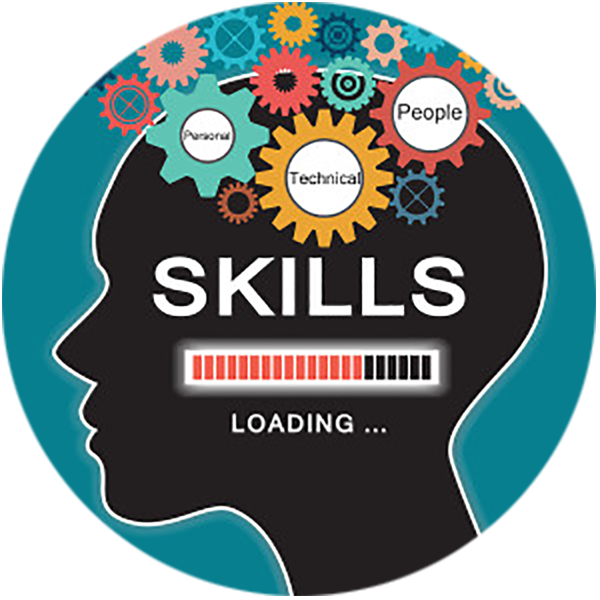What are the key techniques for developing assertiveness and how can they be applied in different situations?
Assertiveness is an important communication skill that can help individuals to express themselves effectively and assert their rights without infringing on the rights of others. Developing assertiveness requires a combination of self-awareness, communication skills, and the ability to manage emotions. In this blog, we will discuss the key techniques for developing assertiveness and how they can be applied in different situations.
-
Develop self-awareness: Developing self-awareness is the first step in developing assertiveness. This involves understanding your own needs, values, and beliefs, as well as your strengths and weaknesses. By developing self-awareness, you can become more confident and comfortable expressing yourself, and better equipped to handle challenging situations.
-
Practice active listening: Active listening is an essential communication skill that can help individuals to develop assertiveness. This involves listening carefully to others, asking clarifying questions, and responding in a respectful and empathetic manner. By practicing active listening, you can demonstrate respect for others while also asserting your own needs and opinions.
-
Use "I" statements: Using "I" statements is a technique for expressing your own feelings and opinions in a non-confrontational manner. This involves stating your own perspective without blaming or criticizing others. For example, instead of saying "You always interrupt me," you could say "I feel frustrated when I am interrupted."
-
Set boundaries: Setting boundaries is an important aspect of developing assertiveness. This involves communicating your own limits and expectations to others in a clear and respectful manner. By setting boundaries, you can protect your own needs and rights while also respecting the needs and rights of others.
-
Practice saying "no": Saying "no" is a key aspect of assertiveness. This involves setting limits and declining requests or demands that are unreasonable or infringe on your own needs or rights. By practicing saying "no" in a respectful and assertive manner, you can develop greater confidence and self-respect.
-
Manage emotions: Managing emotions is an important skill for developing assertiveness. This involves recognizing and managing your own emotions, as well as understanding and responding appropriately to the emotions of others. By managing emotions effectively, you can communicate assertively while also demonstrating empathy and respect for others.
These techniques can be applied in a variety of situations, from personal relationships to professional settings. For example, in a work setting, developing assertiveness can help you to communicate more effectively with colleagues and managers, set boundaries around your workload and responsibilities, and negotiate effectively for your own needs and goals.
In conclusion, developing assertiveness is an important skill for effective communication and personal growth. By developing self-awareness, practicing active listening, using "I" statements, setting boundaries, practicing saying "no," and managing emotions, individuals can become more confident and assertive communicators, better equipped to handle challenging situations and achieve their goals. These techniques can be applied in a variety of contexts, from personal relationships to professional settings, and can help individuals to achieve greater success and fulfillment in all areas of their lives.





























